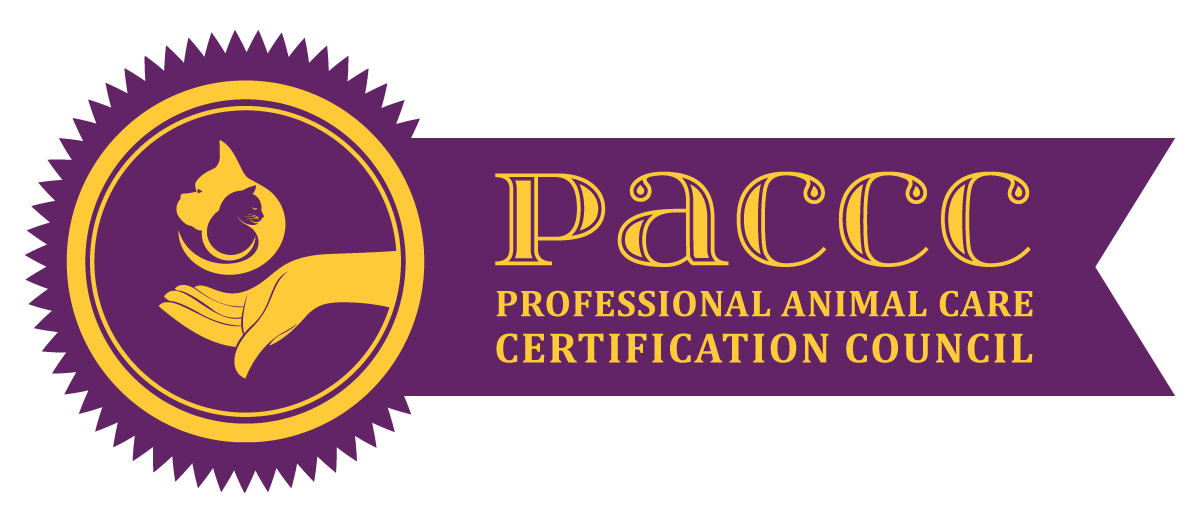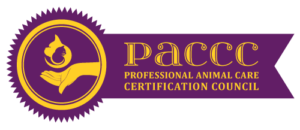4.25 CEU Communication Skills for Pet Care Professionals - Certified Pet Care Professionals
PACCC CERTIFIED DIRECTORY
There are three levels of PACCC certification: Certified Professional Animal Care Provider (CPACP), Manager (CPACM), and Operator (CPACO). The exams are appropriate for the position level one holds in the industry. To initially qualify for the exams, the following individuals had to meet significant minimum education and work experience requirements, as well as provide letters of reference from veterinarians and other pet care industry professionals. They then had to successfully pass an in-depth exam, conducted in-person at an approved PACCC testing location. The first level of certification is CPACP, followed by CPACM which requires an increased level of education and experience, and then CPACO which requires even more. An advanced certification level does not require initial certification at another level. For example, becoming a CPACM does not require initial certification as a CPACP. The exams are appropriate for the position level the professional holds in the industry.
By becoming independently certified, these professionals are pet care pioneers and leaders in pet safety. To remain certified, a minimum amount of continuing education credits must be met.
If you are a Certified Professional but your contact information in our directory is incorrect, please let us know by clicking the button below.
Congratulations to these pet care professionals who have achieved PACCC certified status.
Looking for a PACCC certified pet care professional? You’ve come to the right place! Use the “Search” function if you know exactly who you’re looking for or the “Select Category” dropdown function to find a credentialed pro in your area.
4.25 CEU Communication Skills for Pet Care Professionals

Communication Skills for Pet Care Professionals
Presenter: The Dog Gurus
Website: https://www.thedoggurus.com/
Biography
Pet Care Professionals will learn to have confidence communicating openly and honestly with co-workers, supervisors and clients. At the end of the course you will:
*Have a clear understanding of the basic skills and components required for effective professional communications.
*Learn steps you can take to contribute to a positive and open communication culture in your work environment.
*Improve your understanding of verbal communication including body language and vocal components.
*Know the words and language to use to keep customers happy and contribute positively to good teamwork.
*Learn to communicate professionally in written forms for excellent customer service while facilitating high quality team pet care.
*Contribute to a healthy communication culture by understanding the priority and timing of internal communication.
*Confidently use your communication skills to avoid, prevent escalation or resolve conflict in the work environment.
*Use assertive communication, validation and negotiation techniques for improved teamwork and customer satisfaction.










